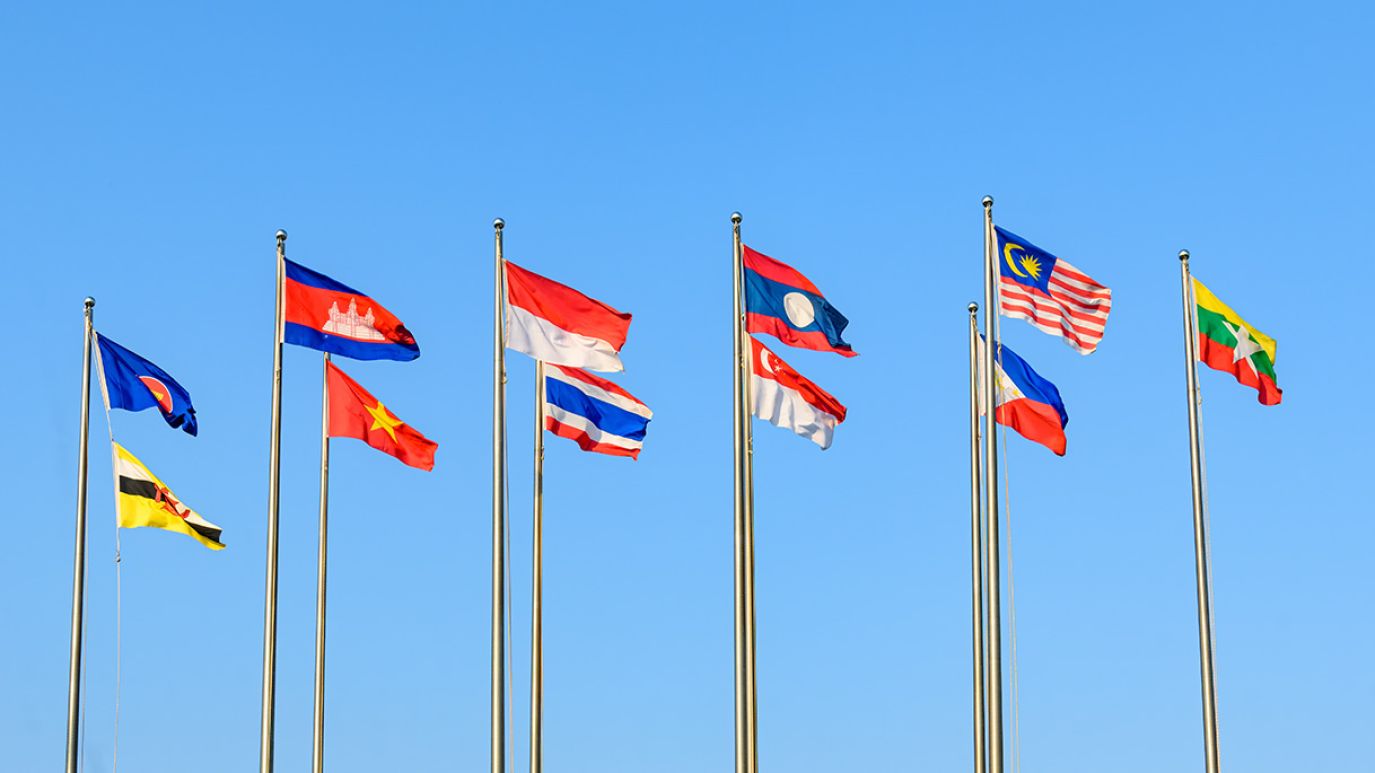Vietnam and other ASEAN countries offer increasingly attractive investment opportunities for U.S. companies

ASEAN, and particularly Vietnam, is seen as an increasingly attractive opportunity for U.S. companies, highlighted by the visit to Hanoi of the largest U.S. delegations of senior executives from U.S. companies ever.
From March 18 to 20, 2025 representatives from 64 U.S. companies, including 58 senior executives, attended the 2025 Vietnam Business Mission in Hanoi, to explore opportunities and strengthen partnerships between the two countries – it was spearheaded by the US-ASEAN Business Council and was the largest U.S. business delegation to visit Vietnam to date.
It reflects the higher status that US-ASEAN links have attained given the rising trade tensions between the U.S. and China. ASEAN comprises 10 countries – Brunei, Cambodia, Indonesia, Laos, Malaysia, Myanmar, the Philippines, Singapore, Thailand, and Vietnam – with Vietnam proving to be an increasingly attractive destination for U.S. companies and investment.
Global U.S. companies look to strengthen partnerships in Vietnam
The delegation included senior leaders from companies such as Apple, Boeing, Coca-Cola, Intel, Nike, Amazon, Exxon Mobil, Bell Textron, Meta, JPMorgan, Visa, Mastercard, Warburg Pincus, Excelerate Energy, GE Vernova, and Pacifico Energy Group (PEG). Sectors represented included technology, logistics, manufacturing, energy, aerospace, defense, and healthcare.
PEG, for example, was the first U.S. renewable energy company to invest in a solar farm in Vietnam in 2017 and is now waiting to finalize a 30-megawatt onshore wind project in the southern province of Binh Phuoc, with much larger offshore wind initiatives under consideration.
Meta has shared plans to expand production of metaverse equipment in Vietnam, which will create 1,000 more jobs for local people. It is also working to create the largest-ever database in the country, which will train and test AI models. Boeing, meanwhile, has had a presence in Vietnam for 30 years, helping the country to develop its own aerospace capabilities.
U.S.-ASEAN trade remains buoyant
Vietnam was the U.S.’s 10th-largest trading partner in 2024, while Malaysia and Singapore were 17th and 18th, respectively, highlighting the importance of the U.S.-ASEAN relationship.
U.S. trade with the broader ASEAN region totaled an estimated $476.8 billion in 2024, split by U.S. exports to ASEAN of $124.6 billion (up 16.6% on 2023) and ASEAN imports of U.S. goods of $352.3 billion in 2024, up 13.3%[1]. The U.S. trade deficit with ASEAN was $227.7 billion in 2024, up 11.6% on 2023.
Under the second Trump administration, Vietnam and other ASEAN countries may become subject to import tariffs. However, the size of the U.S. delegation to Vietnam suggests that U.S. companies are not deterred from the opportunity.
Vietnam has been reforming its state apparatus to improve trade between it and the U.S. These include a focus on high-level diplomacy with the Trump administration, reducing the trade deficit through $4 billion worth of agreements in energy and aviation, improving market access by reducing legal barriers and removing other trade barriers for U.S companies, and efforts to reduce the trans-shipment of Chinese goods.
Meanwhile, Microsoft is expecting to launch a new hyperscale cloud in the Malaysia West cloud region, the first in the country, strategically situated in Greater Kuala Lumpur and is scheduled to go live in the second quarter of 2025.
A mutually beneficial relationship
Speaking to the Singaporean parliament on March 6, Foreign Minister Vivian Balakrishnan noted that Singapore would continue to highlight the “mutually beneficial nature of ASEAN interactions and engagement with the United States. The United States remains a critical partner for Singapore and for ASEAN."
With the growing trade war between the U.S. and China, accompanied by increasing export bans and tariffs between the two countries, U.S. companies are looking for new opportunities in regions such as Southeast Asia. But it still needs a trusted partner to navigate these trade opportunities.
Pamir has decades of assisting U.S. companies to enter Asian markets, helping them to minimize risk and optimize opportunity. We have local expertise and networks, and perform in-depth quantitative and qualitative analysis to ensure the best outcome in the first instance, while identifying potential future risks.
To find out more, contact us today.
[1] https://ustr.gov/countries-regions/southeast-asia-pacific/association-southeast-asian-nations-asean
China’s 5G influence in developing economies
China’s Belt and Road Initiative and its digital counterpart, the Digital Silk Road, threaten to displace US telecom and tech companies in developing economies in Africa, Latin America and the Middle East. How can US operators and network providers stand up to the challenge?